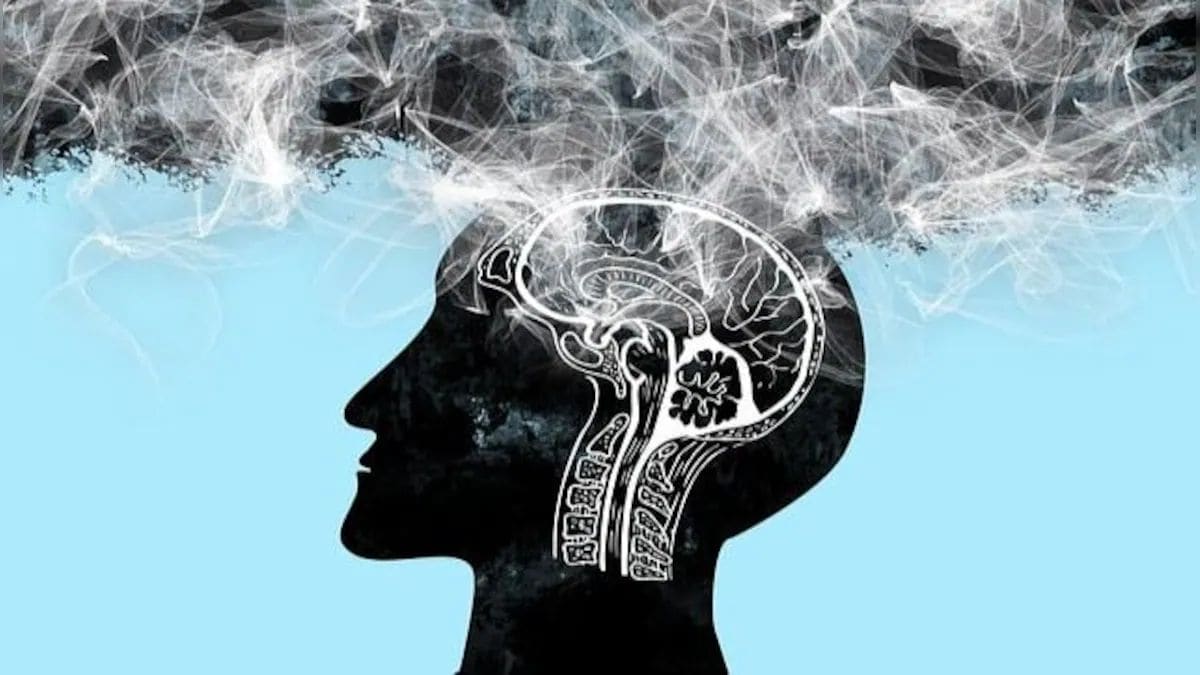Scientists develop pacemaker for the BRAIN to treat Parkinson's disease- the neurological condition linked to Joe Biden READ MORE: Top neurologist makes bombshell claim that Biden has Parkinson's By Xantha Leatham Deputy Science Editor Published: 20:41, 19 August 2024 | Updated: 20:41, 19 August 2024 e-mail View comments A new implantable device regulated by a person's brain activity could provide ‘round-the-clock’ personalized care for those suffering from the debilitating symptoms of Parkinson's disease. The approach, called adaptive deep brain stimulation, can treat movement problems during the day and insomnia at night, researchers said. Typically, deep brain stimulation (DBS) involves implanting fine wires called electrodes into the brain at specific locations that deliver electrical signals to help mitigate symptoms.
However, conventional techniques provide a constant level of stimulation and can lead to unwanted side effects because the brain does not always need the same strength of treatment. Experts believe the device is an improvement on current techniques that have been used for years to treat Parkinson’s, a neurodegenerative disease experts speculate President Joe Biden is suffering from . Symptoms can include uncontrollable tremors, slow movements and muscle stiffness, but experts say they often only appear when about 80 percent of the nerve cells have already been lost This new device uses data taken directly from a person’s brain and learns to adjust the level of stimulation in real time – effectively intervening when needed to manage symptoms.

For example, a patient suffering from slower movement will show reduced signals in the brain linked to motion. The device will detect when these brain signals drop below a certain threshold, and respond with precisely calibrated pulses of electricity. This stimulation, in turn, will immediately improve the patient’s movement speed.
Parkinson's disease is a progressive neurological disorder that causes the impairment and death of nerve cells that produce dopamine, a neurotransmitter that regulates body movements. Without dopamine, patients have balance issues, tremors throughout the body, stiff limbs, and slow movement. According to the Parkinson's Foundation, roughly 90,000 Americans are diagnosed with Parkinson's disease every year, and 10 to 20 percent are under age 50.
Experts are still unsure what causes Parkinson's disease, though evidence suggests that genetic factors and environmental triggers like exposure to strong chemicals and pesticides could be to blame. Several doctors have told DailyMail.com they suspected Biden, 81, had Parkinson's , though many insisted on remaining anonymous for fear of backlash.
However, Dr W. Chris Winter, a neurologist in Virginia, and Dr Abhi Kapuria, a neurologist based at the University of North Carolina, told this website they suspected the president was experiencing neurological issues. Experts have speculated President Joe Biden is suffering from the neurodegenerative condition Parkinson's disease A stiff gait can also be a symptom of Parkinson's disease Difficulties walking affect approximately 90 percent of Parkinson's patients Both did not want to perform an 'online diagnosis' and reiterated that they had not examined him in person.
They did, however, say they suspected neurological issues. Dr Winter said the president had a 'laundry list' of the hallmark symptoms of the condition, from a stiff gait and balance problems to a quiet voice and mixing up his words. The president and White House have repeatedly denied that Biden has Parkinson's disease.
As part of a trial, which was published in Nature Medicine, four Parkinson’s patients already receiving DBS were asked what they felt was their most bothersome symptom. In most instances this was either involuntary movements - tremors - or difficulty in initiating movement. The participants were then set up to receive the new treatment alongside their existing DBS therapy, alternating between the two every few days.
Analysis revealed the new device improved each participant’s most bothersome symptom by 50 percent compared to conventional DBS. This is the first time a so-called ‘closed loop’ brain implant technology has been shown to work in Parkinson’s patients as they go about their daily lives. Senior author Dr Philip Starr, from the University of California in San Francisco, said: ‘This is the future of deep brain stimulation for Parkinson’s disease.
’ The researchers said their findings mark a ‘big step forward’ towards developing a system that adapts to what the individual patient needs at a given time. Dr Simon Little, who also worked on the device, said: ‘The big shift we’ve made with adaptive DBS is that we’re able to detect, in real time, where a patient is on the symptom spectrum and match it with the exact amount of stimulation they need.’ Share or comment on this article: Scientists develop pacemaker for the BRAIN to treat Parkinson's disease- the neurological condition linked to Joe Biden e-mail Add comment.

















